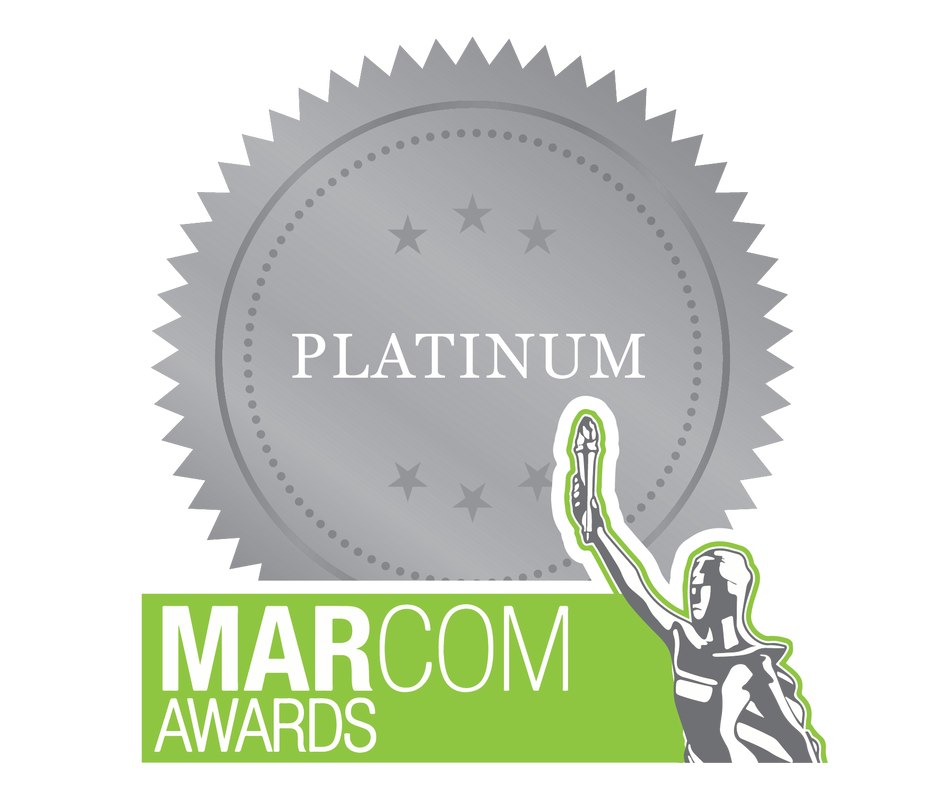|
AMANDA CHRISTENSEN On Friday's during the month of April we're posting all about financial fitness. The Consumer Financial Protection Bureau (CFPB), combined with a review of research and consultation with leading experts, found that financial well-being includes the following four elements:
So what does financial health look like at each age? “Although actual timing will always vary from person to person, the next seven slides share common, suggested financial milestones to achieve at each decade of life. Milestones achieved at an earlier age (e.g., a good credit score and an adequate emergency fund) should continue during subsequent years.” Barbara O’Neill, Personal Finance Expert, Rutgers University. Here are some suggested financial milestones for each decade:
What does financial health mean to you? After reviewing the info above, write, draw, or cut out pictures depicting what financial health means to you at your current state of life. QUESTIONS TO ASK: Am I on track with the suggested financial milestones at each decade? What would it take to get on track with my current decade? How would I feel differently if I was financially healthy? If I woke up tomorrow and my financial health was adequate, what would be the evidence that something had changed? Share what you create with someone close to you, a spouse if applicable.
0 Comments
Your comment will be posted after it is approved.
Leave a Reply. |
TAKE A FREE CLASS!Host a ClassamandaSharing real-life money smarts to help you stay on track with financial goals while still enjoying life! Follow the fun on InstagramAS SEEN ONawardsBest of State 2022 & 2023: Personal Finance Education
1st Place National Award in Social Media Education from the National Extension Association of Family and Consumer Sciences
Gold Award in Blog Site category at the 7th annual Education Digital Marketing Awards.
Platinum Award in Digital Media, Web Design category at the International Marketing and Communication Awards.
Categories
All
|








